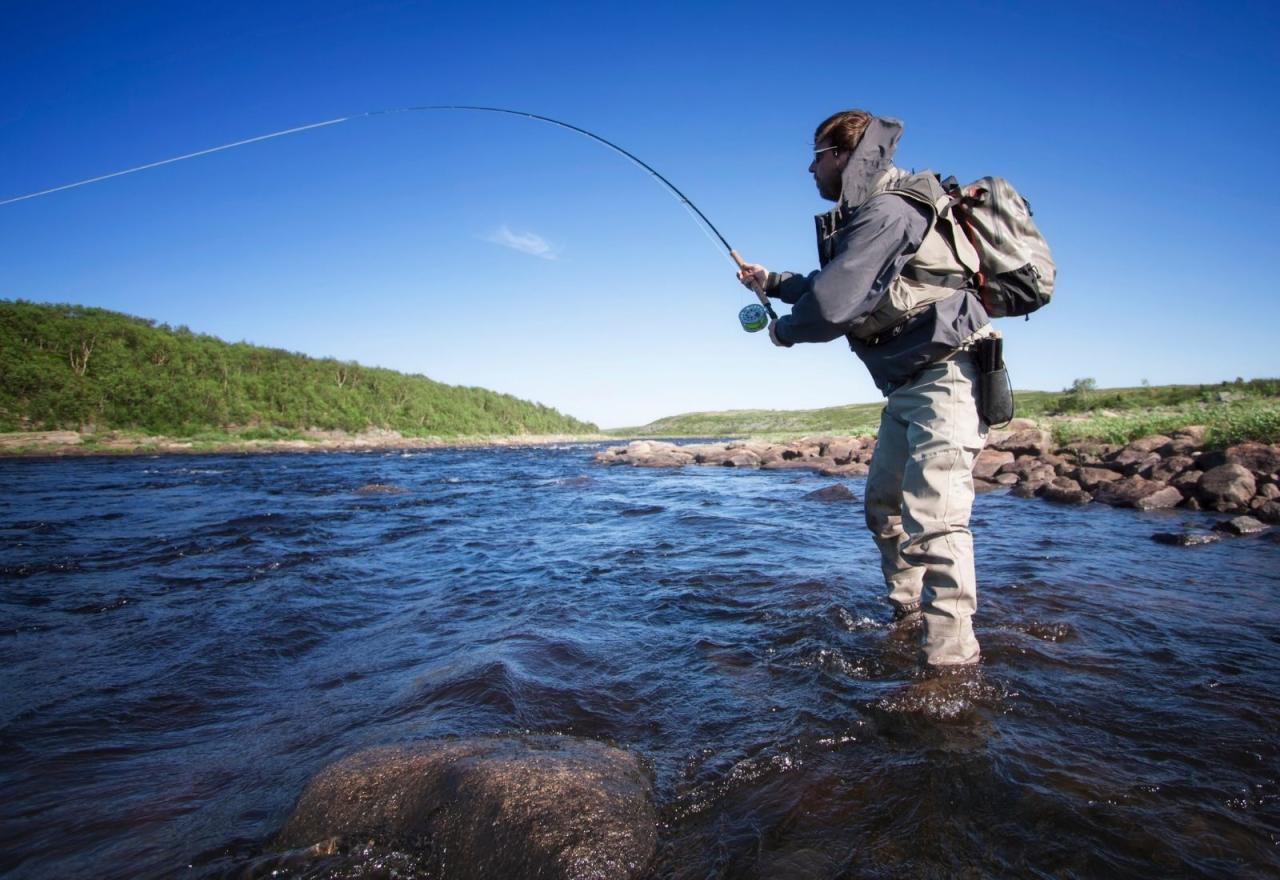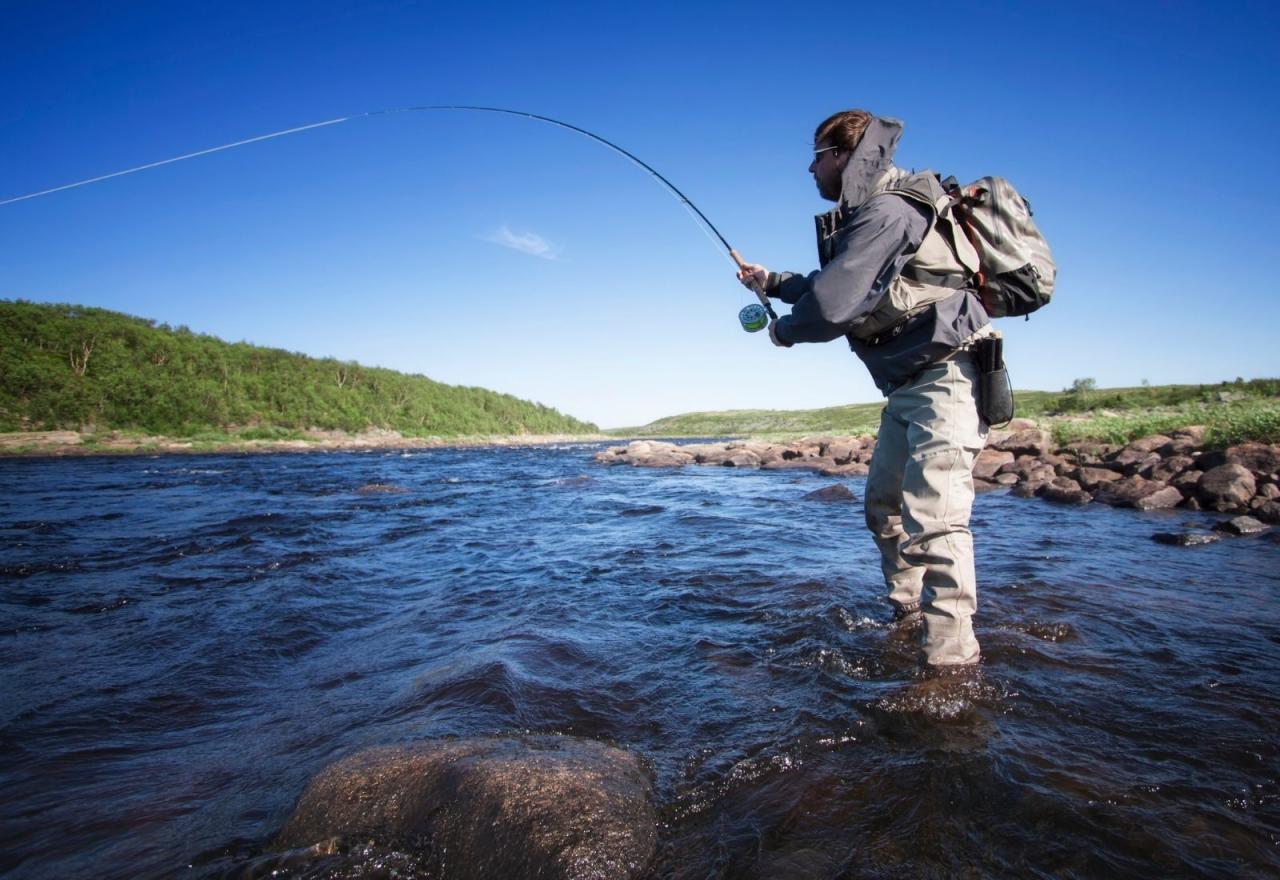Fly fishing is an art that has been passed down through generations, and it’s no surprise that fly fishing enthusiasts are always on the lookout for new destinations to explore. With the world becoming more accessible, traveling to different countries and continents for fly fishing has become a popular trend. In this blog post, we will share some essential travel fly fishing tips to help you make the most of your fly fishing adventures.

1. Research Your Destination:
Before embarking on your fly fishing trip, research your destination thoroughly. Look for information about the local fish species, their feeding habits, and the best time of year to fish for them. This will help you pack the right gear and prepare for the type of fishing you’ll be doing. You can find this information on various websites, blogs, and forums dedicated to fly fishing.
2. Check Local Regulations:
Different countries and states have varying regulations regarding fly fishing. Some places may require a permit or license, while others may have specific rules about catch-and-release practices or the use of certain types of bait. Make sure to check the local regulations before your trip to avoid any legal issues.
3. Learn the Local Terminology:
Fly fishing terminology can vary from one region to another. For example, the terms “trout,” “salmon,” and “bass” are used worldwide, but other fish species may have different names in different parts of the world. Learning the local terminology will not only help you communicate with local anglers but also make your fly fishing experience more enjoyable.
4. Pack Wisely:
When packing for your fly fishing trip, consider the climate, weather conditions, and the type of fish you’ll be targeting. Bring a variety of flies that are appropriate for the fish species you plan to catch. It’s also essential to pack lightweight clothing that is breathable and moisture-wicking, as well as waterproof gear to protect your belongings from unexpected rain or splashes.
5. Carry a Portable Fly Fishing Kit:
A portable fly fishing kit can come in handy when you’re on the go. Consider carrying a small fly box, a pair of pliers, a nipper, and a small tool kit in a waterproof bag. This will allow you to make quick adjustments to your flies or tackle without having to carry around a heavy backpack.
6. Be Prepared for Emergencies:
While fly fishing is generally considered a safe activity, it’s essential to be prepared for emergencies. Carry a first aid kit, a map of the area, and a fully charged phone with emergency contacts programmed. If you’re traveling alone, let someone know your itinerary and expected return time.
7. Practice Environmental Stewardship:
Fly fishing enthusiasts have a responsibility to protect the environment and the fish populations they enjoy. Always practice catch-and-release techniques and avoid keeping undersized fish or those that are spawning. Dispose of any trash properly and respect private property rights.
8. Stay Safe on Water Bodies:
If you’re fly fishing on a river or lake, be aware of the potential dangers associated with moving water. Wear a life jacket at all times, especially if you’re wading in deep water or crossing fast-flowing sections. Avoid fly fishing alone and always let someone know your location and plans.
9. Connect with Local Anglers:
One of the best ways to enhance your fly fishing experience is by connecting with local anglers. They can provide valuable insights into the best spots to fish, the type of flies that work best, and any other tips they’ve picked up over the years. Joining online forums or social media groups dedicated to fly fishing can help you find like-minded individuals in your destination.
10. Have Fun and Be Patient:
Finally, remember that fly fishing is meant to be an enjoyable and relaxing activity. Don’t get too caught up in catching fish; instead, focus on enjoying the beauty of nature and the thrill of the catch when it happens. Be patient and persistent, as fly fishing often requires time and practice to master.
Conclusion:
Travel fly fishing can be an incredibly rewarding experience, allowing you to explore new destinations while enjoying one of the oldest forms of angling. By following these travel fly fishing tips, you’ll be better prepared for your adventure and increase your chances of having a successful and memorable trip. Happy fly fishing!

